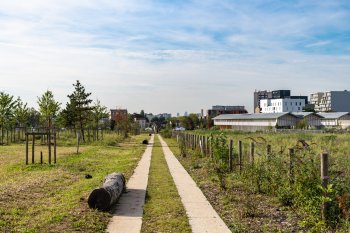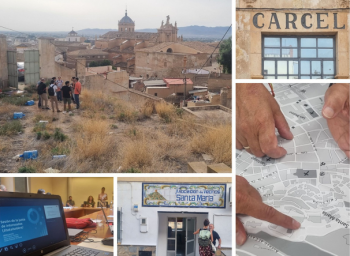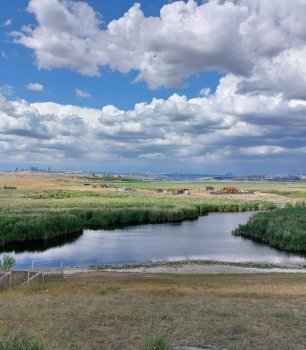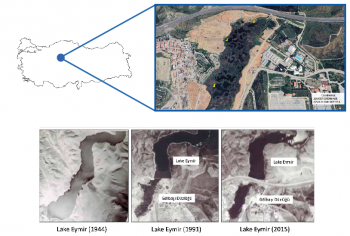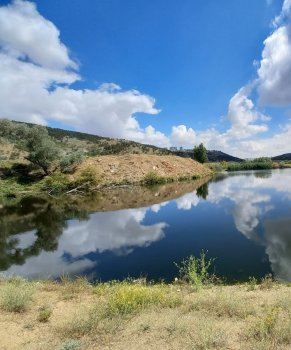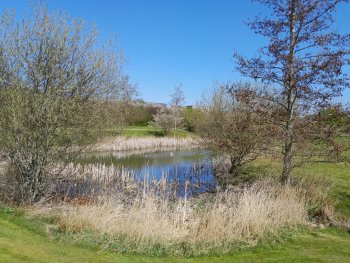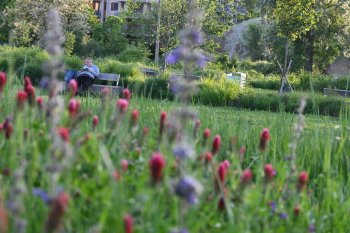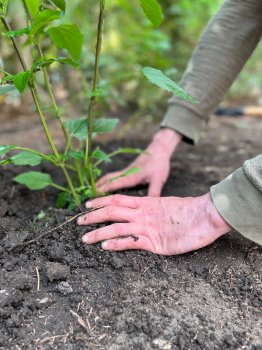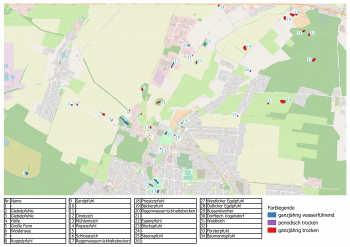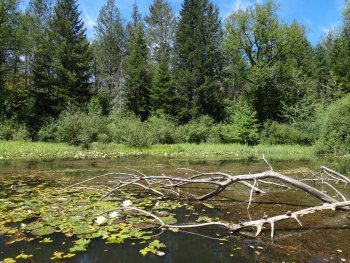Cœur Vert des Tartres - Creating a Urban Cool Island in the outskirts of Paris
- For adapting to climate change : creating an urban cool island and improving the management of rainwater on the site.
- For biodiversity : strengthening the urban green network and maintaining ecological continuities.
- For the local area : opening up a new natural area for residents

